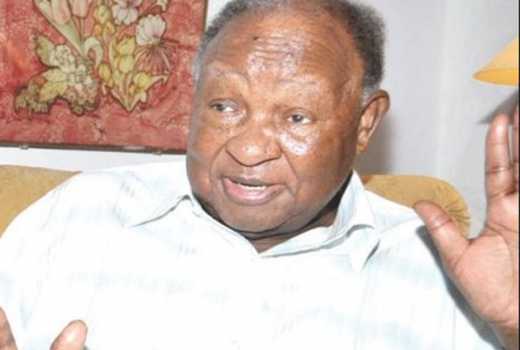×
The Standard e-Paper
Home To Bold Columnists

In the fog of the beginning of Kenya’s dark days 28 years ago, a glimmer of hope appeared in the horizon. The country was burning and key agitators for opening of democratic space were confined in jail. Others were on the run.
And on that chilly afternoon of July 11, 1990 at exactly 1.02pm, the world’s most known political prisoner touched down at the Jomo Kenyatta International Airport (JKIA).